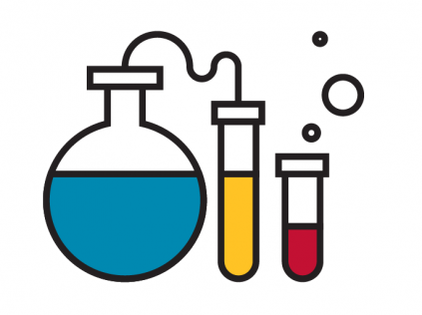What do we mean by the 'nature' of chemistry?
How does TOK relate to NoC?
The IB Theory of Knowledge course aims to make students critically think about the epistemological structure (NoC) of an area of knowledge. For example, we might consider:
- The validity of using models in chemistry - Are some models better than others? Why?
- The reliability of the peer review process - Perhaps considering the role of bias and authority figures.
- Is knowledge in chemistry based purely upon reason? Is there room for creativity and emotion?
- How certain can we be in a given theory? What have previous paradigm shifts demonstrated?
